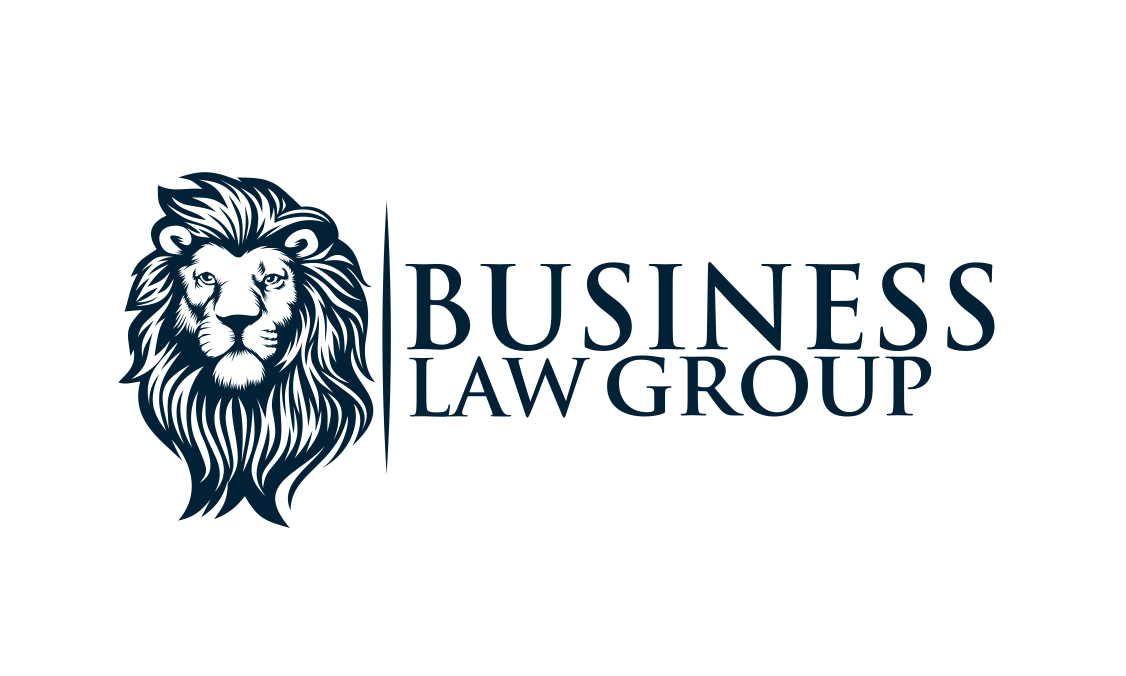Get Tax Relief Now
People get behind on tax filings for many reasons. If you’ve missed a tax filing, the Business Law Group can help you get back in compliance, including:
- Unfiled Tax Returns
- FBARs and Foreign Accounts
Unfiled Tax Returns
Why You May Need to File Back Tax Returns
- Settlement requires it: You must be current on tax filings before the IRS will accept an Offer in Compromise or an Installment Agreement.
- Avoid a Substitute for Return (SFR) and minimize your tax liability :If you do not file a tax return, the IRS may prepare and file a substitute return on your behalf. The IRS will not give you credit for all of your deductions, credits, and expenses, resulting in an artificially high tax balance. In many cases, we can significantly minimize a taxpayer’s outstanding tax liability simply by filing correct tax returns for those prior years. An SFR can make future tax resolution significantly more complicated.
- Claim refunds, credits, or utilize losses: You may be entitled to a tax refund or tax credit (such as the Earned Income Tax Credit) both of which must be claimed by filing a tax return within three years of its original due date.
- Minimize penalties and interest: Penalties and interest will continue to accrue until you file. Filing past tax returns can help minimize those penalties and interest.
- Preserve your access to credit: Mortgage brokers, auto lenders, and business financiers often require borrowers to provide copies of tax returns. Filing back tax returns can open the door to credit opportunities.
How to File Past Due Returns
Getting caught up on unfiled tax returns can be overwhelming. The following steps will help:
- Hire the right professionals and make a plan: Hiring experienced professionals to assist you in making a plan and driving the project to completion is usually the best first step. The tax professionals and attorneys at the Business Law Group can help you develop a plan for getting caught up while minimizing the risks associated with multiple filings.
- Assemble your documents: Locate your W-2s and 1099s for the years in question. Find your mortgage interest statements, tax statements, mileage logs, and other receipts. You may need to assemble bank and credit card statements. The attorneys at the Business Law Group can help you identify the documents you will need to finalize your returns.
- Pull transcripts: Request the necessary tax transcripts and wage and income transcripts from the IRS to assist you in your tax form preparation.
- Complete your tax returns: When possible, use the services of an experienced tax preparer to prepare your back tax returns. The Business Law Group works with a number of local CPAs experienced in filing back tax returns. If you attempt to prepare the returns yourself, you must use the correct year tax return and instructions for each filing. The IRS usually makes the forms available for the last six years.
- Have a plan for payment: Filing back tax returns puts you on the IRS’s radar, if you were not already, and means you need to have a plan for paying any outstanding balances.
- Plan for future compliance: Getting compliant is important, but most tax resolution options will require that you also stay compliant moving forward. Develop the relationships and tools that will help you remain complaint in your tax filings moving forward.
Common Forms
- IRS Form 2848
- IRS Form 4506-T
FBAR: Properly Report Your Foreign Accounts
U.S. persons are obligated to report all foreign accounts if the aggregate value of such accounts exceeds $10,000 at any time during the calendar year. Under the authority of the Foreign Account Tax Compliance Act (FATCA), the government is pressuring foreign banks to report all foreign-owned accounts. Failure to meet all filing obligations with the IRS and with FinCEN can result in significant penalties.
FinCEN civil penalties for non-willful violations are $10,000 per violation. Willful violations are penalized at the greater of $100,000 per violation or 50% of the amounts in the undisclosed accounts. IRS penalties are an additional $10,000 for failing to file, plus an additional $10,000 for each 30 days of non-compliance after notice.
Common Forms
- IRS Form 8938
- Financial Crimes Enforcement Network E-filing System
You Don’t Have To Do This Alone!
Call the Colorado Tax Professionals and Attorneys at the Business Law Group at (719) 355-8840. This content does not provide tax, legal or accounting advice. This material has been prepared for informational purposes only, and is not intended to provide, and should not be relied on for, tax, legal or accounting advice. You should consult your own tax, legal and accounting advisors before engaging in any transaction.

